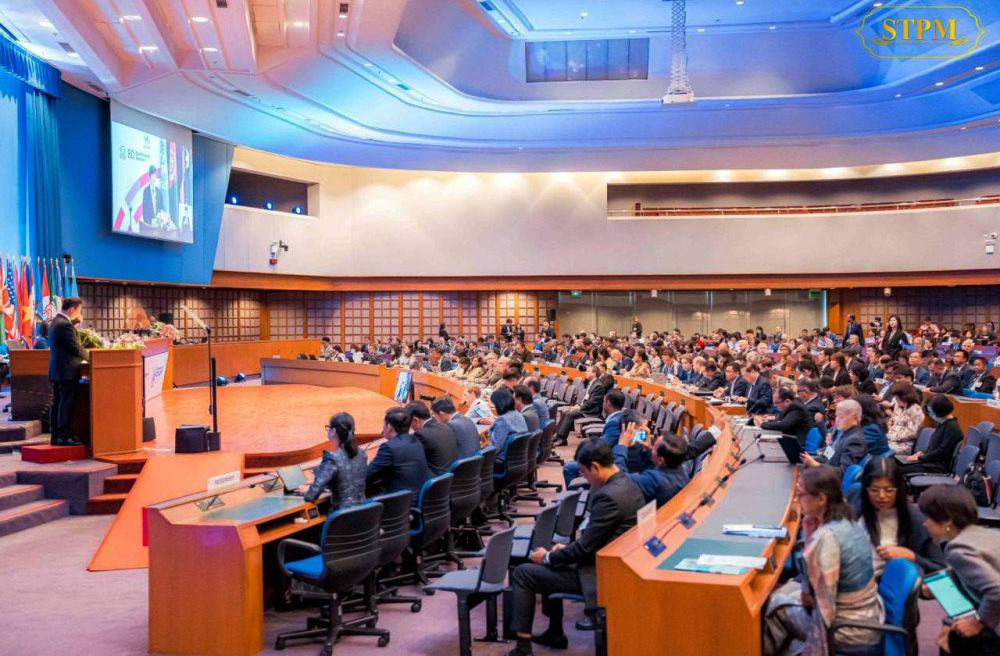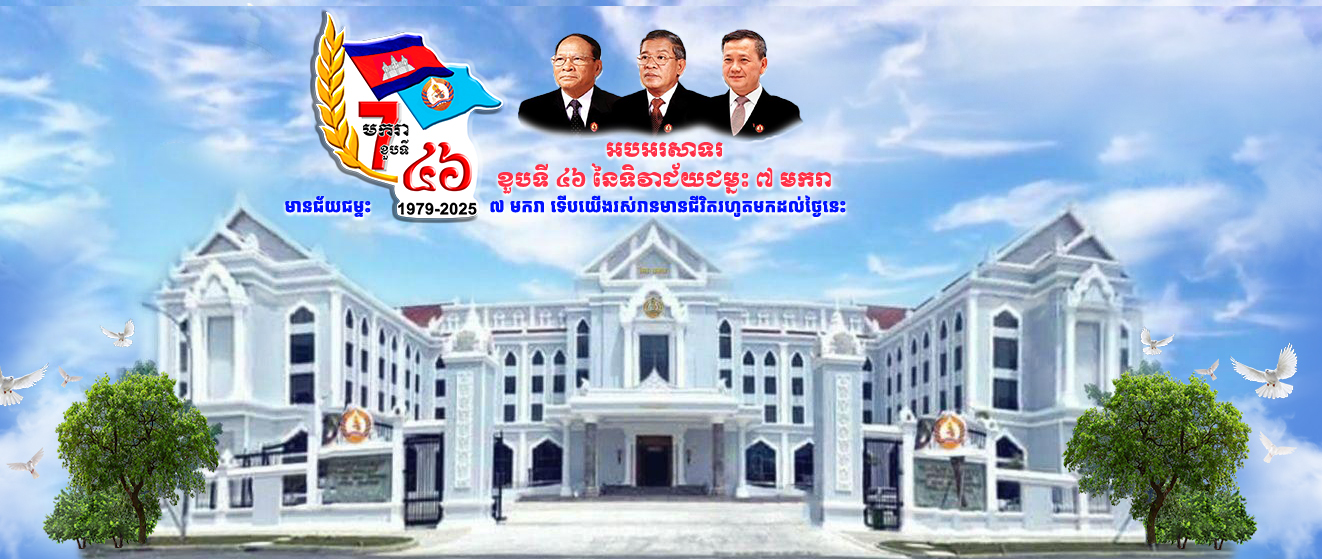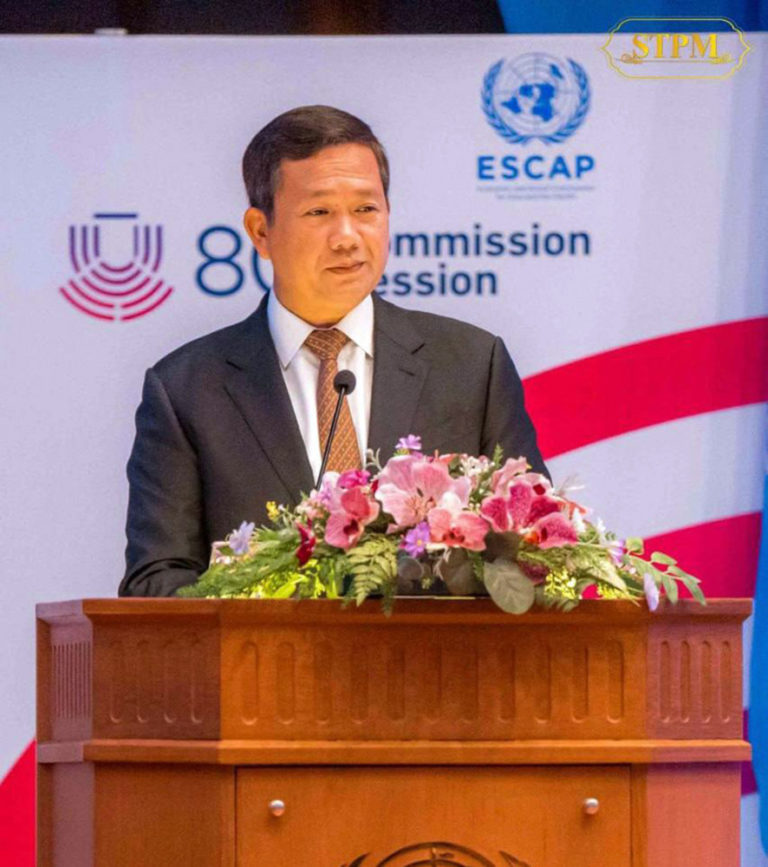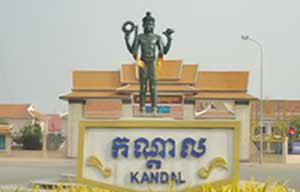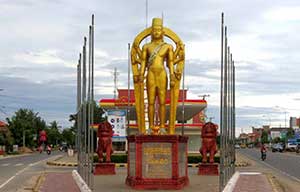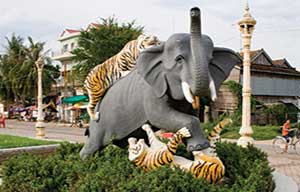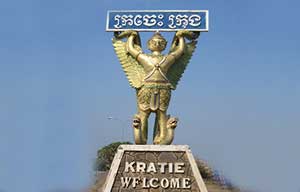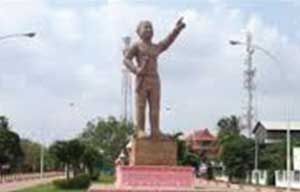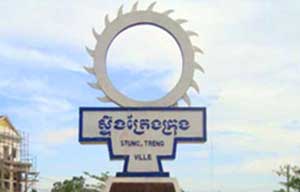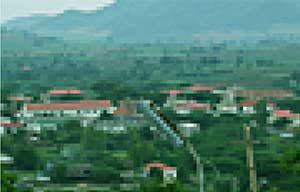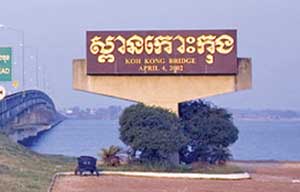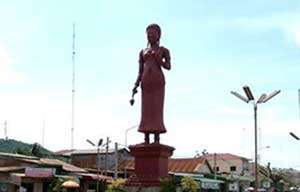Samdech Moha Borvor Thipadei Hun Manet, Prime Minister of Cambodia, said digital innovation is very important for sustainable, inclusive and resilient development, and the Royal Government will continue to prioritise it.
The Cambodian Premier made the remarks in his special address at the High-Level Opening of the eightieth session of the Economic and Social Commission for Asia and the Pacific (ESCAP), held in Bangkok, Thailand on April 22 under the theme “Leveraging Digital Innovation for Sustainable Development in Asia and the Pacific.”
Like other countries, he continued, Cambodia considers digital technology as a critical driver for socio-economic development in the context of Industrial Revolution 4.0.
The Industrial Revolution 4.0. can create new engines of growth and promotes access to essential public services as well as contributes to building a modern and civilised society, where citizens receive inclusive, reliable and highly safe benefits, underlined the Prime Minister, adding that at the same time, digital technology can help maintain national identity and culture.
In this regard, he said, the Royal Government has adopted the “Pentagonal Strategy – Phase 1”, with five key priorities, namely People, Road, Water, Electricity, and Technology, of which Digital Technology is a new priority set out in the fifth pentagon, ‘Building a Digital Economy and Society.’
Samdech Thipadei Prime Minister said that the Royal Government has launched various policies, including “Cambodia Digital Economy and Society Policy Framework 2021-2035”, “Cambodia Digital Government Policy 2022-2035”, “Cambodia Financial Technology Development Policy 2023-2028”, and “National Science, Technology and Innovation Policy 2020-2030”.
These policies involve all stakeholders in the society including the government, citizens and private sector, and contribute to achieving Cambodia Vision 2050.
In the global and regional context, Cambodia has been proactively engaging in digital policy agenda to achieve global and regional digital development goals, including the “ASEAN Digital Masterplan 2025” and the UN “Digital Strategy 2022-2025,” he pointed out.
Cambodia has actively involved in other ASEAN digital initiatives, particularly the preparation of the “ASEAN Digital Economy Framework Agreement (DEFA)” aiming to provide a strategic and comprehensive regional approach to promote timely and inclusive digitalisation in the region.
The implementation of this framework will expand the size of ASEAN digital economy from US$1 trillion to US$2 trillion by 2030. In addition, ASEAN has already considered digital economy as a priority chapter in various agreements such as the ASEAN-Australia-New Zealand Free Trade Area (AANZFTA), and ASEAN-China Free Trade Area (ACFTA 3.0), and Regional Comprehensive Economic Partnership (RCEP).
Indeed, Samdech Thipadei said, Cambodia, ASEAN and the Asia-Pacific region have made significant progress in digitalisation over the last few years, but we still face some challenges, including digital gap between countries, and between urban and rural areas, the lack of infrastructure and access to quality internet service, the limited level of digital literacy among the people, the lack of adoption and implementation of digital technology, digital trading and services, cyber security and cybercrime. These challenges have hampered abilities of countries to realise the full growth potential of their economies. Moreover, war, conflicts, and explosive remnants of war also present obstacles for some countries to fully embrace digital technology as an engine for growth.
According to the Premier, for the case of Cambodia, the issue of demining and removal of explosive remnants of war remains an obstacle for overall development, including the bridging of digital gap and access to quality internet services. Recognising the necessity of this issue, mine actions have been embedded as Cambodia’s 18th Sustainable Development Goal.
As the Chair of the Convention on the Prohibition of the Use, Stockpiling, Production and Transfer of Anti-Personnel Mines and on their Destruction (Ottawa Treaty) in 2024, Cambodia will host the 5th Review Conference of the Mine Ban Convention – the Siem Reap-Angkor Summit on a Mine-Free World – from Nov. 25 to 29, 2024 in Siem Reap cultural province, he said, thanking the ESCAP for supporting Cambodia in drafting the National Mine Action Policy, marking the first time for ESCAP’s involvement in mine-related activities.
